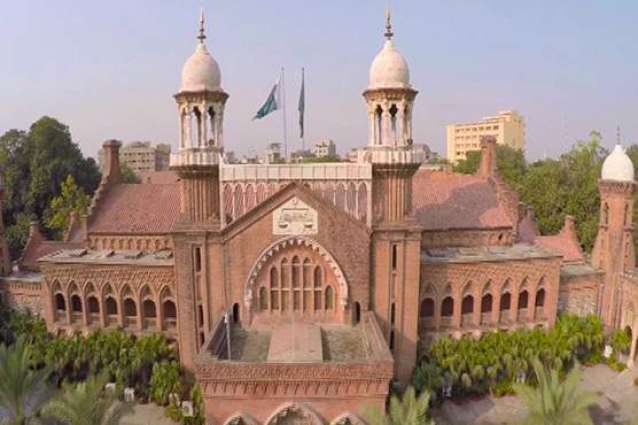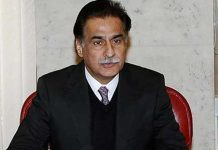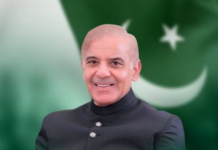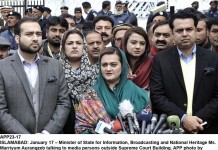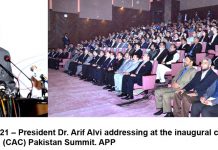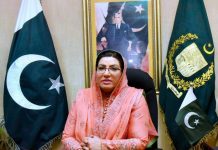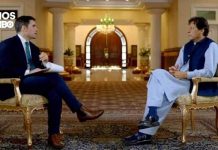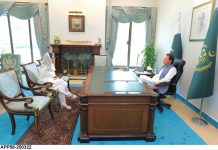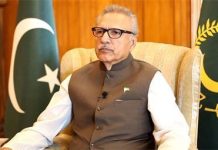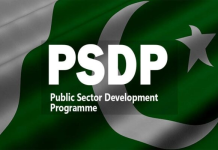ISLAMABAD: The whole economic system in Pakistan has become stale and overly-centralised. That is why it is inefficient and incapable of redressing the challenges.
This was stated by former Planning Commission of Pakistan deputy chairman Dr Nadeemul Haque on Tuesday while delivering a lecture on his recent book: Looking Back: How Pakistan Became an Asian Tiger by 2050, at the Sustainable Development Policy Institute (SDPI).
“Therefore, the system should be revamped with a decentralised and pattern-based system with a holistic approach. The academia in Pakistan lacks research, whereas mainstream media in the country also ignores development issues. The government is also not supporting inclusive discussion on national economic needs. Hence, there could not be a development discourse that could have been fundamental in setting national goals and targets,” he said.
Earlier, Dr Vaqar Ahmed, the SDPI deputy executive director, stated that at a time when the federal and provincial governments were gearing up to make their budgets, such deliberations had immense importance.
“It is an opportunity for the governments to revisit the current policies in the light of informed discussions on various budgetary aspects, including free and fair taxation system, pro-poor public investments in infrastructure and social sectors as well as sustainable social safety nets programme for our children, women, the elderly and marginalised groups,” he said.
He said that the structured dialogue between the private and public sector could play a crucial role in redressing issues related to productivity and exports. Besides, he said, the taxation regime should be made “tax-filer friendly”.
Former ambassador Shafqat Kakakhel also expressed his views. “Dr Nadeem ul Haque has highlighted key issues related to our national economy in quite an articulated manner. The vision presented by Dr Haque should be made part of our development models. Some of his suggestions should have been included in the Vision 2025 that has been presented by the present government,” he said.
Dr Haque said that the country was mired in a patronage culture where merit and competition were two biggest causalities. “We need to encourage and adopt innovative thinking and should get out of 1950s’ thinking. Moreover, we need to encourage knowledge and scientific method and a consumer culture in the country if we want to see a growing national economy,” he said.
He said that Pakistan needed to institute drastic bureaucratic reforms, decentralisation and thoughtful urban planning to cultivate a real prospect of development. Likewise, he said, academia should be encouraged to shape up the research agenda if Pakistan had to achieve real and lasting economic growth.



